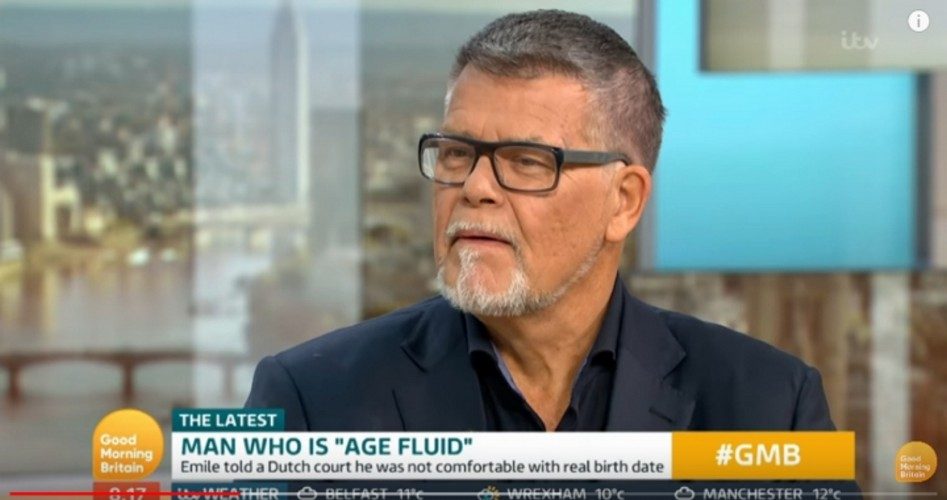
A Dutchman’s request to shave 20 years off his legal age was denied by a court on Monday.
Emile Ratelband, a 69-year-old motivational speaker, sued to get his birthdate changed from March 11, 1949, to March 11, 1969.
“We live in a time when you change your name and change your gender. Why can’t I decide my own age?” he asked.
The answer, according to the Arnheim court, is that doing so would create “all kinds of legal problems.” What would become of the last 20 years of Ratelband’s life from a legal standpoint? “Rights and obligations are also attached to age…. For example, the right to vote, the right to marry, the opportunity to drink alcohol and to drive a car.” And what of the possibility that some people might want to be declared older so they could, for instance, collect old-age benefits early?
Ratelband argues that being legally younger would provide him with significant advantages.
“When I’m 69, I am limited,” he told the court. “If I’m 49, then I can buy a new house, drive a different car. I can take up more work.” Specifically, he believes he can get more work as a trainer and life coach because clients are looking for those who can “speak the language of young people,” he told the Washington Post.
He also thinks that being able to claim a younger age will help his dating prospects, saying, “When I’m on Tinder and it says I’m 69, I don’t get an answer. When I’m 49, with the face I have, I will be in a luxurious position.”
Ratelband says his doctor has told him he has the body of a 45-year-old. He is in excellent health, he claims, and feels that he is “about 40 or 45.”
Ratelband told the Post he thought he had won over the judges, who he said had initially “laughed like little girls,” by delivering “an inspirational speech about how modern society had freed itself from the false gods of money and government and religion.”
Apparently, he overestimated his powers of persuasion.
“The court recognized that there was a trend in society for people to feel fit and healthy for longer, but did not regard that as a valid argument for amending a person’s date of birth,” the court said in a statement.
“Mr. Ratelband is at liberty to feel 20 years younger than his real age and to act accordingly,” the court added. “But amending his date of birth would cause 20 years of records to vanish from the register of births, deaths, marriages and registered partnerships. This would have a variety of undesirable legal and societal implications.”
The court also said Ratelband had failed to prove his claims of age discrimination and pointed to existing ways to pursue such claims without resorting to an age change.
According to the BBC, the court “said that while changes to the law to allow a person to change their gender took place following a global debate on such issues, no widespread advocacy for the [age] change existed, except for Mr. Ratelband’s lone case.”
One could reasonably ask to which “global debate” the court was referring. There has been very little give-and-take on the subject; a tiny minority of activists and elites has simply foisted the transgender agenda on the public. Even if such a debate had occurred, it would not change the fact that a person’s sex, like his birthdate, is established at birth and cannot be altered no matter how many people wish otherwise.
In remarks to the press after the court’s ruling, Ratelband countered that there is widespread interest in, if not advocacy for, his cause, claiming to have participated in “more than 4,000 interviews” about the case. He also vowed to appeal the decision, saying the court “gave all kinds of angles where we can connect when we go into the appeal.”
“It’s a fantastic, fantastic verdict,” he exulted. “It’s never been so great!”
Image: screenshot from YouTube video of Emile Ratelband on Good Morning Britain


